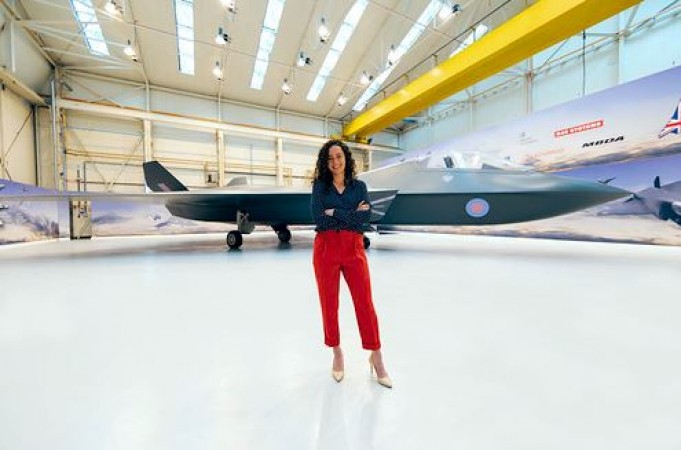
In a world where technology propels us to greater heights, aerospace engineering stands at the forefront of human achievements. It's a field that captures the essence of human curiosity and the desire to explore the unknown. Aerospace engineers play a vital role in shaping the future of aviation, space exploration, and defense. In this article, we will delve into the fascinating realm of aerospace engineering, exploring the responsibilities, educational requirements, career prospects, and the immense impact this field has on our lives.
What is Aerospace Engineering?
Aerospace engineering is a specialized branch of engineering that focuses on the design, development, and construction of aircraft, spacecraft, satellites, and missiles. It encompasses two main disciplines: aeronautical engineering (dealing with aircraft that operate within Earth's atmosphere) and astronautical engineering (concerned with spacecraft and vehicles that operate beyond Earth's atmosphere).
The Role of an Aerospace Engineer
Aerospace engineers take on a multifaceted role, combining scientific knowledge, technical expertise, and innovative thinking. Their primary responsibilities include:
Conceptualizing and Designing
The first step in aerospace engineering involves conceptualizing and designing aircraft or spacecraft. Engineers must consider various factors like aerodynamics, materials, propulsion systems, and structural integrity to create cutting-edge machines capable of enduring the harsh conditions of space or the demands of flight.
Testing and Analysis
Once the initial designs are complete, aerospace engineers conduct extensive testing and analysis. They use advanced simulation tools and conduct wind tunnel tests to ensure the viability and safety of their creations.
Research and Development
Aerospace engineers continuously push boundaries through research and development. They explore new technologies, materials, and propulsion methods to enhance performance, fuel efficiency, and safety.
Project Management
Aerospace projects are often complex and require effective project management skills. Engineers must coordinate with various teams, adhere to timelines, and manage budgets to ensure successful project completion.
Quality Control and Safety
Maintaining the highest standards of quality and safety is paramount in aerospace engineering. Engineers conduct rigorous inspections and tests to guarantee that every component meets stringent regulations.
Education and Skills
Becoming an aerospace engineer requires a strong educational foundation and specific skill sets. The typical educational path includes:
Bachelor's Degree
Most aerospace engineers hold a bachelor's degree in aerospace engineering, mechanical engineering, or a related field.
Master's Degree and Specialization
Some professionals pursue a master's degree to gain specialized knowledge in areas such as aerodynamics, avionics, or space systems.
Analytical Skills
Aerospace engineers must possess excellent analytical skills to solve complex problems and devise innovative solutions.
Creativity and Innovation
Innovation drives the aerospace industry. Engineers need to think creatively to develop groundbreaking technologies.
Teamwork and Communication
Collaboration is integral to aerospace projects. Engineers must effectively communicate ideas and work harmoniously in teams.
Career Prospects
Aerospace engineering offers a plethora of exciting career opportunities:
Aircraft Design Engineer
These engineers focus on designing and improving aircraft performance, stability, and safety.
Spacecraft Systems Engineer
Specializing in spacecraft, these engineers develop systems for satellite communication, exploration missions, and space probes.
Avionics Engineer
Avionics engineers work on electronic systems within aircraft, including navigation, communication, and flight control systems.
Aerospace Research Scientist
Research scientists explore new technologies and conduct experiments to advance aerospace capabilities.
Astronaut
Some aerospace engineers pursue the dream of space exploration and become astronauts.
Aerospace engineering is a dynamic and captivating field that propels humanity beyond its limitations. From the earliest dreams of flight to landing on the moon and beyond, aerospace engineers have been integral to our journey. With the industry continuously evolving, the future promises even more exciting discoveries and innovations that will shape the skies above and the cosmos beyond.
PM Modi Distributes 70,000 Appointment Letters at Rozgar Mela
IT Support Technician: A Guide to a Rewarding Career in Technology
Rozgar Mela: PM to distribute over 70,000 appointment letters